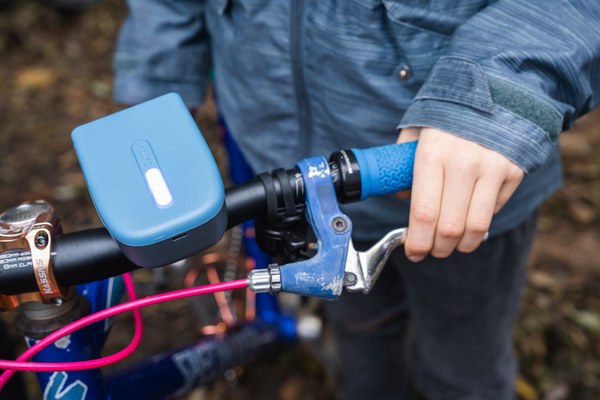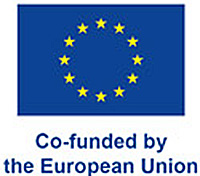
COMPAIR lets citizens measure air quality
What and why?
Despite the fact that air quality has already improved, European and/or WHO standards are still being violated in some places. That's why COMPAIR, along with citizens, is investigating air quality. The project aims to ensure the improvement of local air quality by focusing on behavioural change and raising awareness of prevailing air issues.
Citizens get involved in the project and help us to measure air quality (PM and NO2) and traffic counts (Telraam sensors). This form of citizen science therefore consists of dynamic and static measurements.
Dynamic measurements
Participants can go out with an air quality sensor on their bike, backpack, buggy, etc. As such, they can measure their personal exposure to air pollution as they travel (dynamic exposure). Their measurements will also be visible in real time on the dashboard we are developing within the COMPAIR project. Participants will then get a view of how good or bad the air quality is on their route. This data can also enable researchers to better identify the air at local points.
Static measurements
Because traffic counts are expensive and scarce, further research is necessary. Citizens can help collect more traffic data by using the TELRAAM sensor they can hang on their windows.
Purpose of the project
VMM investigated various sensors to measure personal exposure (to NO2 and PM, among other things). These sensors are compared with each other, after which the most suitable one is selected for the experiment. The pilot experiments are being conducted in Flanders, Athens, Berlin, and Sofia.
The project aims to develop a toolset to measure exposure to air pollution:
- Validate and improve existing air quality models
- Inform citizens about their personal exposure (via apps, dashboards, etc.)
- Achieve behavioral changes (reduce exposure and emissions)
- Inform policymakers
In a subsequent phase, the project aims to link dynamic exposure to health effects.
COMPAIR in Europe
Horizon 2020 COMPAIR was commissioned by the European Commission within the Horizon 2020 programme, led by Digital Flanders.
Project partners
- Belgium
- Digitaal Vlaanderen
- IS-Practice
- Telraam
- Vlaamse Milieumaatschappij
- Bulgaria
- Energy Agency of Plovdiv
- Sofia Development Association
- Germany
- inter 3 - Institute of Resource Management
- European Citizen Science Association
- Fraunhofer Institute for Telecommunications - Heinrich-Hertz-Institute
- Greece
- Athens Technology Centre
- Dimos Athinaion Epicheirisi Michanografisis
- the Netherlands
- Stichting IMEC Nederlands
- SODAQ Holding B.V.
- United Kingdom
- 21c Consultancy






